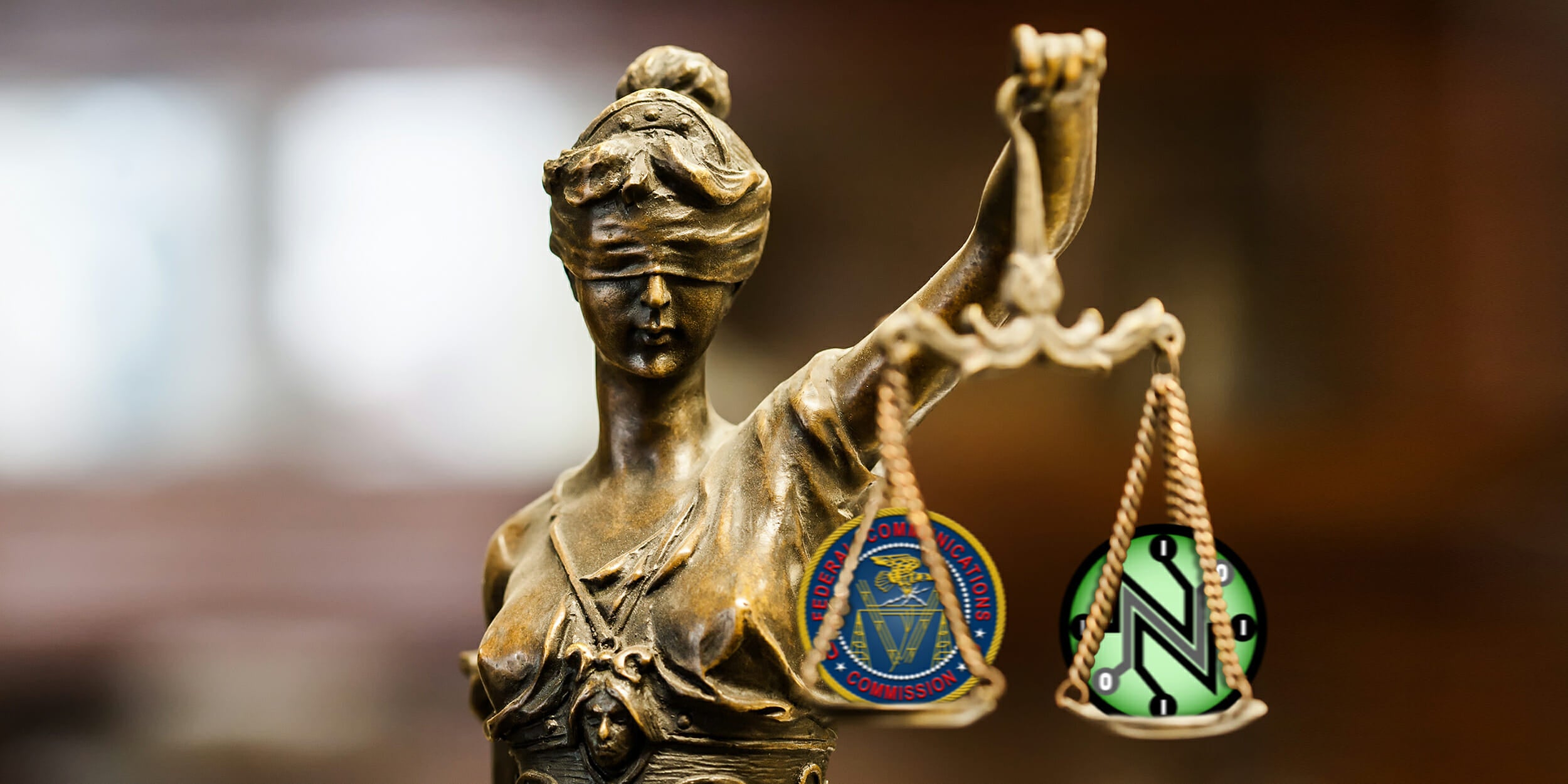
Federal Court Dealt Blow To Net Neutrality Laws, Opening Door To Internet Censorship
Introduction
In a major setback for internet freedom, a federal court has struck down the Federal Communications Commission's (FCC) net neutrality rules. This decision gives internet service providers (ISPs) the legal authority to block websites, slow down certain types of traffic, and charge different prices for different levels of service. Critics of the decision warn that it could lead to a more controlled and less competitive internet, with the potential for censorship and discrimination.
What are Net Neutrality Rules?
Net neutrality rules are laws that require ISPs to treat all internet traffic equally. This means that ISPs cannot block or slow down websites, and they cannot charge different prices for different types of traffic. Net neutrality rules are designed to ensure that everyone has equal access to the internet, regardless of their income or background.
The FCC's Decision
In 2015, the FCC adopted new net neutrality rules that prohibited ISPs from blocking or slowing down websites. The FCC also banned ISPs from charging different prices for different types of traffic. These rules were challenged in court by several ISPs, and in 2017, a federal court struck them down.
The court ruled that the FCC's net neutrality rules were not supported by law. The court said that the FCC does not have the authority to regulate the internet as a public utility, which is what the FCC had argued in order to justify the net neutrality rules.
The Impact of the Decision
The court's decision has the potential to have a significant impact on the internet. Without net neutrality rules, ISPs will have the legal authority to block websites, slow down certain types of traffic, and charge different prices for different levels of service.
Critics of the decision warn that it could lead to a more controlled and less competitive internet. They say that ISPs could use their new powers to censor websites, stifle competition, and discriminate against certain types of traffic.
Different Perspectives on the Issue
There are different perspectives on the issue of net neutrality. Some people believe that net neutrality rules are necessary to protect the internet from becoming a tool for censorship and discrimination. Others believe that net neutrality rules are unnecessary and that they stifle innovation and investment in the internet.
Pro-Net Neutrality
Proponents of net neutrality argue that it is essential for ensuring a free and open internet. They say that without net neutrality, ISPs could use their power to control what people see and do online. Proponents also argue that net neutrality is necessary for economic growth and innovation. They say that it ensures that startups and small businesses have a fair chance to compete with larger companies.
Anti-Net Neutrality
Opponents of net neutrality argue that it is unnecessary and harmful. They say that ISPs have no incentive to block or slow down websites, and that net neutrality rules only stifle investment and innovation. Opponents also argue that net neutrality is a form of government overreach, and that it should be left to the private sector to decide how to manage the internet.
Conclusion
The court's decision to strike down the FCC's net neutrality rules is a major setback for internet freedom. It is important to understand the different perspectives on this issue and to be aware of the potential consequences of the decision. It is also important to stay informed about the latest developments in the fight for net neutrality.
Call to Action
If you are concerned about the future of the internet, there are things you can do to help. You can contact your elected officials and let them know that you support net neutrality. You can also donate to organizations that are fighting for net neutrality. And you can spread the word about net neutrality and the importance of keeping the internet free and open.
Post a Comment